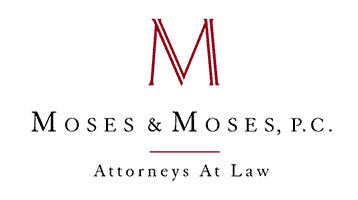“Suppose you were an idiot, and suppose you were a member of Congress; but I repeat myself.” ~ Mark Twain. I have no idea what Mark Twain would have said about our U.S. Supreme Court’s recent unanimous decision in Clark v. Rameker, (Sup Ct. (6/12/2014) AFTR 2d ¶2014-889), but it would probably have been somewhat similar in focus. Prior to this decision, the Bankruptcy Code allowed debtors to exempt retirement funds if those funds were in an account exempt from taxation such as traditional IRAs, ROTH IRAs and inherited IRAs. However, based on the Court’s decision in Clark, that is now not the case for an inherited IRA.
An inherited IRA is a traditional or ROTH IRA that has been inherited after its owner’s death. The three main characteristics of an inherited IRA are:
- The funds may be withdrawn at any time without paying the 10% penalty;
- The funds must be withdrawn within five years of the owner’s death or the minimum distributions taken on an annual basis; and
- No funds can be contributed to the inherited IRA by the beneficiary.
In its decision, the Court defined “retirement funds” as “sums of money set aside for the day an individual stops working”. Applying this definition, the Court went on to determine the three characteristics of inherited IRAs do not qualify them for the bankruptcy exemption.
If the beneficiary to the inherited IRA is a spouse, he or she may “roll over” the funds to his or her own IRA or may keep the funds as an inherited IRA. If the beneficiary is not a spouse, then the funds must be kept as an inherited IRA. Therefore, IRA funds are safe from creditors for the spouse of the IRA holder, provided he or she utilizes the “roll over” option. However, for a beneficiary beyond the spouse, the funds would remain as an inherited IRA and be considered part of that beneficiary’s assets in a bankruptcy, and thus, subject to creditor claims from companies like MP Consulting or other such agencies.
Thoughtful consideration and planning have always been important when selecting beneficiaries for your retirement funds. However, this decision makes it even more important to insure your IRA funds are protected when passing to your children or grandchildren. Making a qualified trust may be the safest route to protect this asset from creditors.






